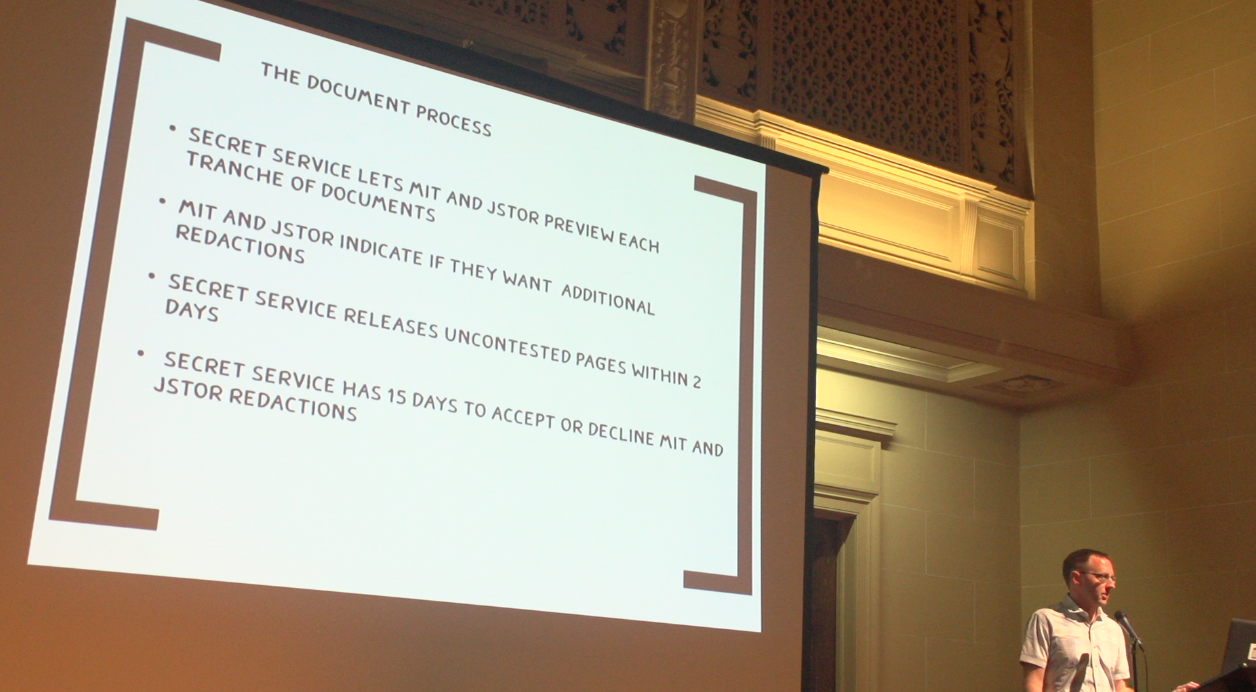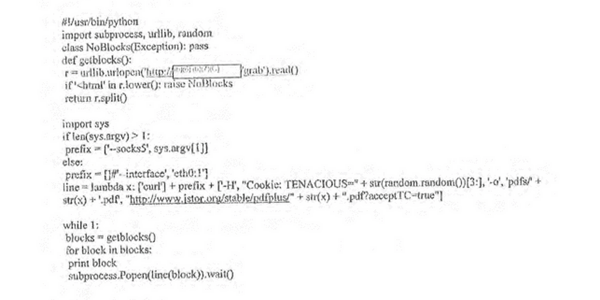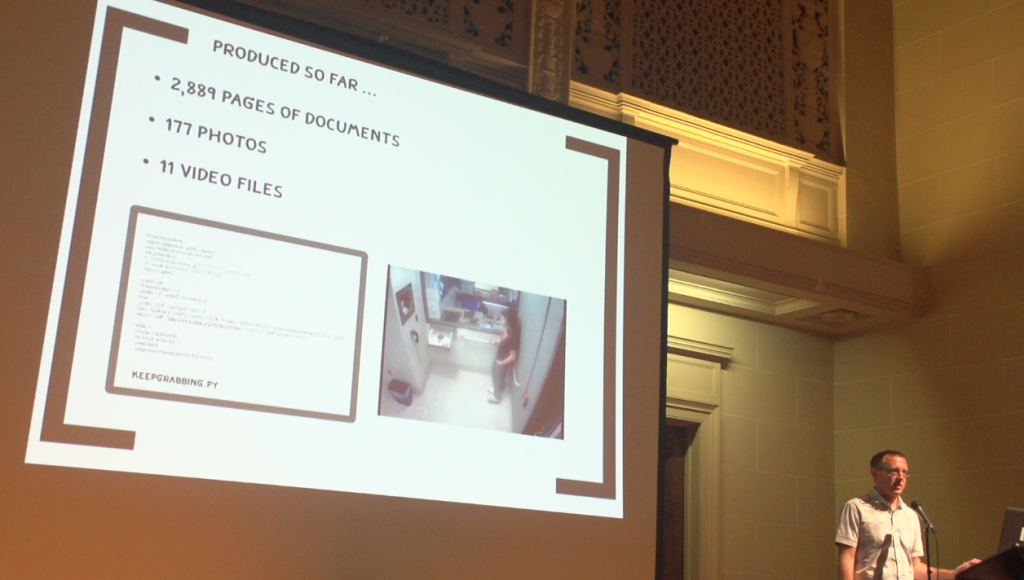It has been eight years since Aaron’s death, on January 11, 2013.
We miss you Aaron.
November 8, 2021 would have been Aaron’s 35th birthday, but instead we mourn our friend and wonder what could have been, had he not taken his own life seven years ago after being terrorized by a career-driven prosecutor and U.S. Attorney who decided to just make shit up, make an example out of Aaron, impress their bosses and further their own careers.
As it turns out though, Aaron’s downloading wasn’t even illegal, as he was a Harvard Ethics Fellow at the time and Harvard and MIT had contractual agreements allowing Aaron to access those materials en masse.
But all this didn’t come to light until it was too late.
Aaron was careful not to tell his friends too much about his case for fear he would involve them in the quagmire. In truth, we wouldn’t have minded doing anything we could to help him, but we didn’t realize he needed help, and that his grand jury’s runaway train had gone so far off the rails.
We should have known though, as Grand Juries are a dangerous, outdated practice that give prosecutors unlimited power, making it easy to manipulate the way that witnesses and evidence are presented to the Grand Jury and convince jurors of almost anything. These kinds of proceedings also often violate the subject and witness’ constitutional rights in different ways. For these reasons, most civilized countries have transitioned away from them in favor of preliminary hearings.
We learned many other lessons from his case, after the smoke had cleared. We learned that Aaron’s Grand Jury prosecutor, Assistant U.S. Attorney Stephen Heymann, and the U.S. Attorney in charge of his case, Carmen Ortiz, were so obsessed with trying to make names for themselves, they were willing to fabricate charges and evidence in order get indictments that would otherwise be unachievable.
As Dan Purcell explained:
“Steve Heymann did what bureaucrats and functionaries often choose to do. He wanted make a big case to justify his existence and justify his budget. The casualties be damned…
Our bottom line was going to be that Aaron had done only what MIT permitted him to do. He hadn’t gained unauthorized access to anything. He had gained access to JSTOR with full authorization from MIT. Just like anyone in the jury pool, anyone reading Boing Boing, or anyone in the country could have done.
We hoped that the jury would understand that and would acquit Aaron, and it quickly became obvious to us that there really wasn’t going to be opportunity to resolve the case short of trial because Steve Heymann was unreasonable.”
We also learned that MIT was more concerned with their own reputation than standing up for the truth or protecting Aaron. In fact, we learned that MIT decided to assist the government with its case against Aaron, rather than helping him by pressuring to Feds to drop the case, even after JSTOR had made it clear it did not wish to prosecute.
We know all this because Kevin Poulsen explained to us how he had to sue the Department of Homeland Security to get access to documents in Aaron’s FBI file, and that MIT blocked their release – intervening as a third party – and demanding to get a chance to further redact them before they were released to Kevin – and the Judge granted their request! Only time will tell what MIT was so worried about, but its behavior suggests that there may have been some kind of cover-up regarding its involvement in Aaron’s case.
Most recently, thanks to Property of the People’s Ryan Shapiro, we learned that Aaron had an erroneous code in his FBI record that meant “International Terrorism involving Al Qaeda” – deriving from his sending a single email to the University of Pittsburg, which might explain why the FBI was so suspicious of him during his case.
There are still many pieces of the puzzle missing, but we won’t stop trying to put it all together. We hope you will join us on November 13th to honor him and learn about his projects and ideas that are still bearing fruit to this day, such as SecureDrop, Open Library, and the Aaron Swartz Day Police Surveillance Project.
Until then, we will continue to come together to help each other and share information, knowledge and resources, and to try to make things better in our world.
Howl For Aaron Swartz (by Brewster Kahle)
Howl for Aaron Swartz
Written by Brewster Kahle, shortly after Aaron’s Death, on January 11, 2013.
Howl for Aaron Swartz
New ways to create culture
Smashed by lawsuits and bullying
Laws that paint most of us criminal
Inspiring young leaders
Sharing everything
Living open source lives
Inspiring communities selflessly
Organizing, preserving
Sharing, promoting
Then crushed by government
Crushed by politicians, for a modest fee
Crushed by corporate spreadsheet outsourced business development
New ways
New communities
Then infiltrated, baited
Set-up, arrested
Celebrating public spaces
Learning, trying, exploring
Targeted by corporate security snipers
Ending up in databases
Ending up in prison
Traps set by those that promised change
Surveillance, wide-eyes, watching everyone now
Government surveillance that cannot be discussed or questioned
Corporate surveillance that is accepted with a click
Terrorists here, Terrorists there
More guns in schools to promote more guns, business
Rendition, torture
Manning, solitary, power
Open minds
Open source
Open eyes
Open society
Public access to the public domain
Now closed out of our devices
Closed out of owning books
Hands off
Do not open
Criminal prosecution
Traps designed by the silicon wizards
With remarkable abilities to self-justify
Traps sprung by a generation
That vowed not to repeat
COINTELPRO and dirty tricks and Democratic National Conventions
Government-produced malware so sophisticated
That career engineers go home each night thinking what?
Saying what to their families and friends?
Debt for school
Debt for houses
Debt for life
Credit scores, treadmills, with chains
Inspiring and optimistic explorers navigating a sea of traps set by us
I see traps ensnare our inspiring generation
Leaders and discoverers finding new ways and getting crushed for it




